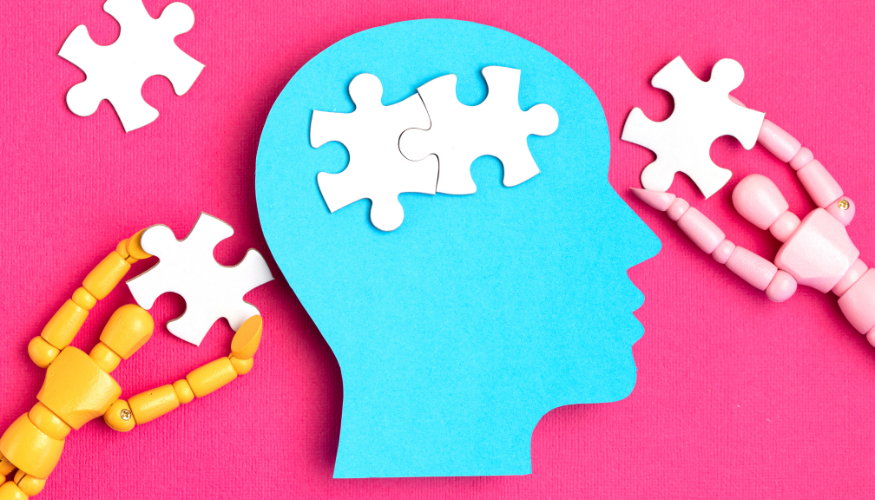Boston University Researchers Finds Electrical Zaps May Boost Memory

New England Council member Boston University reported that scientists are working on a new study aimed at improving the memory of older adults. This experiment, led by Dr. Robert Reinhart and Ph.D. student Shrey Grover, will work on stimulating electrical currents in two different parts of the brain to improve both short-term memory and long-term memory. These researchers hope that these efforts will provide an answer to the question, “How are memories created in the brain?”
Dr. Reinhart and Grover hope to improve short-term memory and long-term memory by delivering two different types of electrical currents to two distinct locations in the brain. The scientists worked with 120 adults aged 65-88. These participants were split into three groups: one control group that received no current, one group receiving a slow frequency, and the final group receiving a high frequency. They asked participants to read a list of 20 words at a constant rate and then asked them to recall as many words as they could for twenty minutes. All groups reported that the current felt like a slight tingle or itch. Dr. Reinhart and Grover found that groups who received a frequency stimulation recalled words by 50-65 percent. They also reported that participants who had the worse memory reported an increase in their overall memory after they returned for another round of electronic frequency.
Shrey Grover told reporters, “[O]ur results suggest we are able to independently manipulate working memory and long-term memory function.”
The New England Council looks forward to the results of this study and is grateful to Boston University for its commitment to innovative improvements in the healthcare field.
Read more from Boston Globe and STAT news.